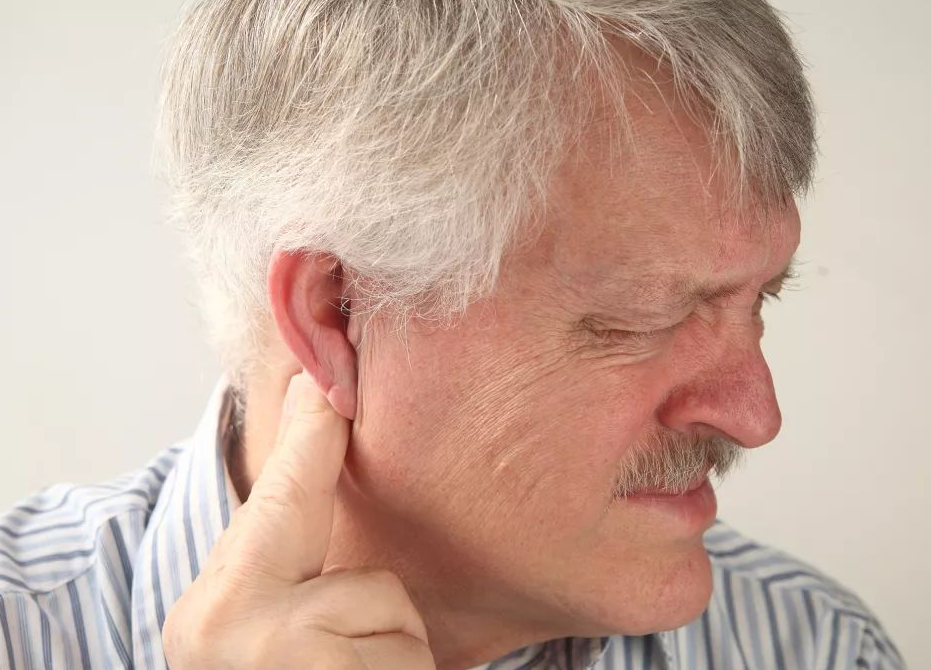
According to the World Health Organization, about 1.1 billion young people worldwide are at risk of irreversible hearing loss. Exposure to noise in the entertainment environment and excessive volume of personal audio devices are the main culprits for hearing loss. In addition to staying up late, drinking, high pressure, excessive use of the ear and other factors, sudden deafness is frequently coming to teenagers.
For those suffering from hearing impairment, not being able to hear is tantamount to closing a window on their connection to the world, and once hearing is lost, it will not be restored, which needs urgent attention.
- In the past, "sudden deafness" was mostly middle-aged people, and now it is about three young people
In fact, "sudden deafness" is a common emergency in the ear, nose and throat department, the onset of hearing loss often occurs without any precursor, and the onset is more urgent, usually a few hours or a day or two.
It is generally believed that when the average hearing threshold of the language frequency is above 26dB, it is called hearing loss or hearing impairment.
According to the degree of hearing loss, it is also called hard of hearing, hearing impairment, hearing loss, hearing loss, etc.
Deafness refers to the auditory system in the transmission of sound, sense of sound and auditory conduction pathways in the auditory nerve and various levels of central diseases, causing hearing dysfunction, resulting in varying degrees of hearing loss phenomenon.
Deaf people, most of whom have very severe hearing loss, that is, little or no hearing, often use sign language to communicate.
Sudden deafness or "idiopathic sudden deafness", referred to as "sudden deafness", refers to sudden, unexplained sensorineural hearing loss.
The main clinical manifestations are unilateral hearing loss, which may be accompanied by tinnitus, ear blockage, dizziness, nausea, vomiting, etc.
In the past, sudden deafness was more common in middle-aged people in their 40s and 50s, but now, "sudden deafness" is frequently coming to teenagers, and young people in their 20s and 30s can account for 30%.
The cause of sudden deafness is not clear at present, but it is generally believed that it may be related to viral infections, autoimmune diseases, vascular diseases and other factors.
- Hearing loss affects not only function and mood, but also financial status
Many people wonder, what causes hearing loss and "sudden deafness"?
The etiology of the disease is complex, and there are many causes, which are mostly related to staying up late, overwork, mental tension, excessive pressure, mood swings, irregular life, sleep disorders, cardiovascular diseases, high blood lipids, diabetes and weather changes.Some are related to excessive phone calls, shooting guns, blasting guns, listening to the walkman, and the noise stimulation of discos or concerts. These causes may lead to spasm, embolism of the blood vessels supplying the inner ear, inner ear labyrinthopathy, inner ear bleeding, resulting in sudden hearing loss.
It is important to emphasize that hearing loss has a huge impact on people.
The first is the functional impact: hearing loss most affects the ability to communicate with others. Deaf children whose hearing loss is not addressed may experience developmental delays in language function.
The second is the social and emotional impact: communicating with people can have a significant impact on daily life, especially for older people with hearing loss, leading to feelings of loneliness, isolation and depression.
Finally, there is the economic impact: The World Health Organization estimates that untreated hearing loss costs the world an additional $750 billion a year. This includes costs to the health sector (excluding the cost of hearing equipment), the cost of educational support, lost productivity and social costs.

